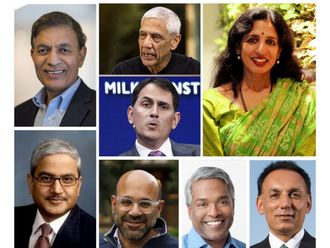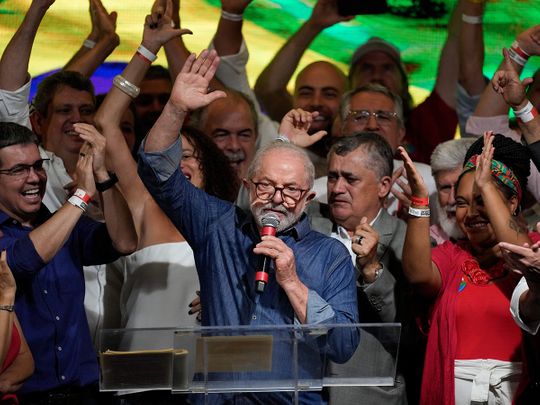
Former Brazilian president Luiz Incio Lula da Silva has defeated the incumbent President Jair Bolsonaro to make a remarkable and stunning political comeback three years after he walked out of a prison cell.
These elections mark the capstone of Latin America’s most watched power struggle between Lula, who represents the left-wing Workers’ Party (PT) and Bolsonaro, the ultra right wing leader, who was often likened to Trump.
Lula’s win also represents the return of the left into power in Brazil, and concludes a triumphant personal comeback for Lula da Silva.
“They tried to bury me alive and I’m here,” he said in a jubilant speech to supporters, describing the win as his political “resurrection.”
“Starting on Jan. 1, 2023, I will govern for the 215 million Brazilians, not just the ones who voted for me. There are not two Brazils. We are one country, one people, one great nation,” Lula da Silva also said.
Lula addressed a myriad issues in his victory speech but made it clear his first priority was the one that he has championed throughout his remarkable political career: improving the lot of Brazil’s poor.
Here are four top reasons why Lula’s win is an important political development.
Save the Amazon
One of Lula’s highest priority areas is the Amazon, the world’s breathing lungs. Under the former president, deforestation peaked in the rainforest.
Lula will most certainly halt most of Bolsonaro’s policies that encouraged ranchers, prospectors and loggers to besiege the Amazon and plunder its natural resources.
Rebuilding Brazil
Covid-19 has led to the deaths of nearly 700,000 Brazilians. Bolsonaro’s not-so-impressive attitude to buying vaccines and imposing health restrictions led some commentators to criticise Brazil’s response to the pandemic.
Lula faces harsh economic headwinds as he enters office with a progressive agenda. All eyes are now on how the maverick would rebuild Brazil.
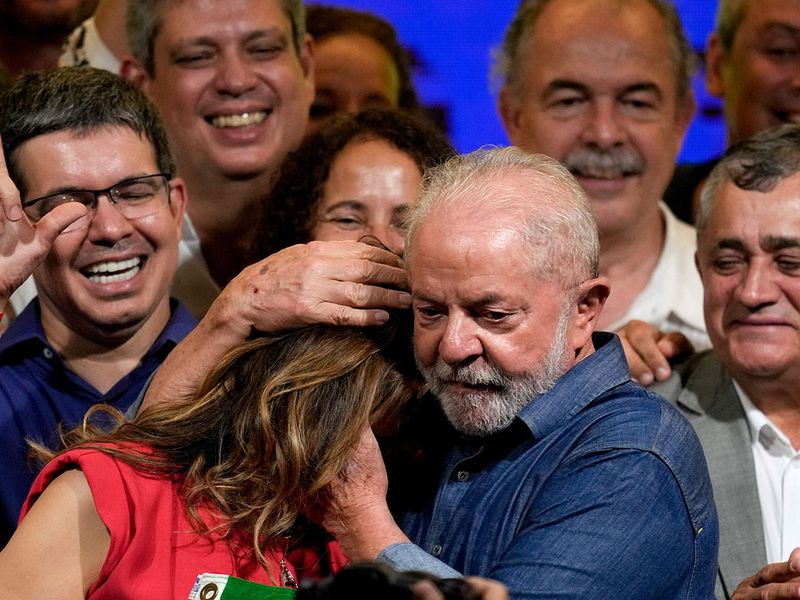
People’s welfare
Lula is a lifelong activist and a trade union leader. His support base is made up of poor and racially diverse states — places that gave Lula landslide victories.
During his previous stints as president, Lula’s policies reduced poverty, created social programmes and improved health care and educational access.
There are high expectations, especially from lower-income citizens that Lula will turn things around.
Heal the nation
Lula takes the mantle at a time of sharp political polarisation, following the tempestuous presidency of Bolsonaro.
He faces a really tough time as he enters Planalto Palace (presidential office). Lula has to deal with a Congress controlled by the opposition, a polarised nation and deep social problems such as precarious employment.
Battling Bolsonaro legacy won’t be easy but Lula is a lifelong fighter. Will he be able to unite a deeply divided nation? The jury is out.
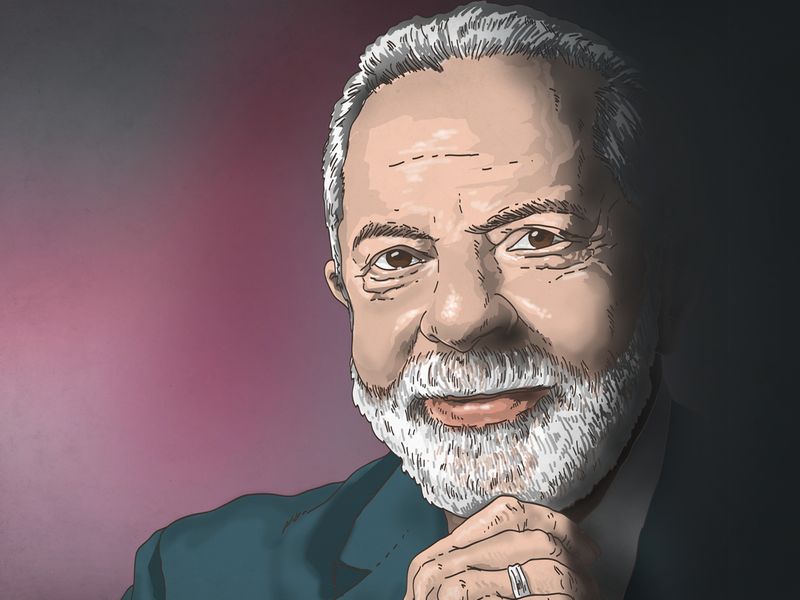
Profile: Luiz Inacio Lula da Silva
Brazil leftist Lula wins unprecedented third presidential term to redeem legacy
Luiz Inacio Lula da Silva won a third presidential term on Sunday in a remarkable comeback for the country’s first working class president, whose storied political career nearly ended in prison.
A former metalworker born to illiterate farm hands, Lula has been the most central figure in Brazilian politics for decades, since leading labour union strikes against a military dictatorship in the 1980s and forming the leftist Workers Party.
Lula called his victory over far-right President Jair Bolsonaro by a tight margin in a runoff on Sunday a “resurrection” after he was jailed in a corruption scandal following his two-term 2003-2010 presidency.
“Today, we are telling the world that Brazil is back and is too big to be relegated to the sad role of a pariah,” he said in a speech at his campaign headquarters on Sunday night, with his gravelly voice hoarse from months on the campaign trail.
The 77-year-old, whose once-bushy hair and trademark beard have gone white, relied on unmatched political instincts and charisma to overcome intense skepticism of his Workers Party.
Lula has vowed to undo Bolsonaro’s legacy, including pro-gun policies and weakened environmental protections in the Amazon rainforest, which have left Latin America’s largest nation increasingly isolated on the global stage.
The man former US President Barack Obama once called “the most popular politician on Earth” left office 12 years ago with a record 87% approval rating.
His policies lifted millions from extreme poverty, expanded access to education and healthcare, and reduced Brazil’s deep social inequalities during years of robust growth driven by a global commodities boom.
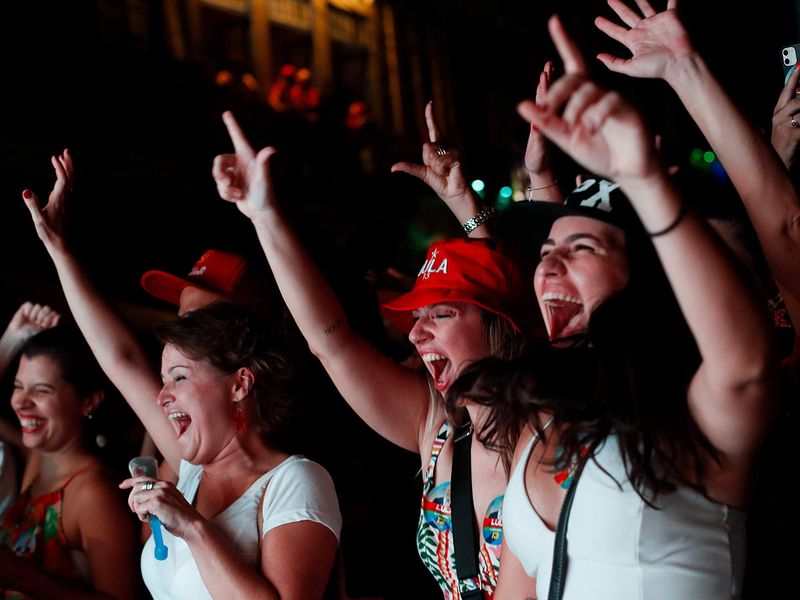
Global prestige
His presidency also reinvigorated Brazil’s oil and ship-building industries, while its economy rose to sixth-largest in the world. Brazil’s global prestige hit new levels as it was chosen to host the Olympics and soccer World Cup.
However, Lula’s legacy was tarnished amid revelations of a kickback scheme on public contracts, benefiting leaders from major political parties, including his own. That and a deep 2015-2016 recession built momentum for the impeachment of his hand-picked successor, former President Dilma Rousseff.
Lula was also convicted in 2017 and sentenced to 9-1/2 years in prison.
The convictions barred him from running for president in 2018, when Bolsonaro rode into office on a wave of conservative reaction and antipathy towards the Workers Party.
The former president was freed after 19 months, and Brazil’s Supreme Court annulled his convictions because of improper jurisdiction, after the judge overseeing his prosecution was found partial. Lula always denied the charges and said his enemies had framed him to remove him from Brazilian politics.
Lula reemerged from prison as a pragmatic politician vowing to fight rising hunger and unemployment by channeling public loans and investment into strategic industries while pledging fiscal responsibility.
He forged a broad center-left coalition including left-wing social movements and his centrist rival from the 2006 election, former Sao Paulo Governor Geraldo Alckmin, who has helped to calm investors fearing more interventionist economic policy.
Lula promises to attract foreign investment by restoring Brazil’s credibility as a steward of the Amazon rainforest, where Bolsonaro let deforestation soar to a 15-year high.
The Brazilian vote is widely seen a rebuke for the fiery far-right populism of Bolsonaro, who emerged from the back benches of Congress to forge a conservative coalition but lost support as Brazil ran up one of the worst death tolls of the coronavirus pandemic.
Lula moderated his left-wing image in the final stage of the campaign, swapping the bright red colors of his Workers Party for white clothing, while making more biblical references as he reached out Brazil’s growing evangelical Christian community.
After losing his first wife to a stroke while he was in prison, Lula remarried last year to sociologist Rosangela da Silva, known as Janja.
A heavy smoker for years, Lula was treated with chemotherapy for throat cancer in 2011, deepening his gruff baritone.
(Reuters)
Rise of the ‘Pink tide’
US president Joe Biden was among the world leaders who congratulated Lula for winning “free, fair and credible elections”. There has been a chorus of compliments from European and Latin American leaders.
International election observers said Sunday’s election was conducted efficiently. One observer told Reuters that military auditors and observers did not find any flaws in integrity tests they did of the voting system.
Lula’s win consolidates a new “pink tide” in Latin America, after landmark leftist victories in Colombia and Chile’s elections, echoing a regional political shift two decades ago that introduced Lula to the world stage.
The incoming president has vowed a return to state-driven economic growth and social policies that helped lift millions of Brazilians out of poverty during two terms as president from 2003 to 2010.
(With inputs from agencies)











